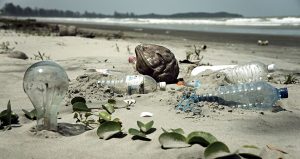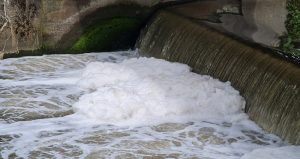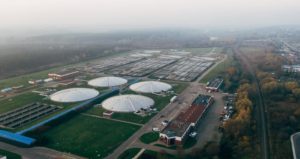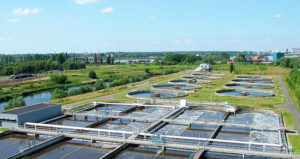Report: More effort needed to get a clean Mediterranean
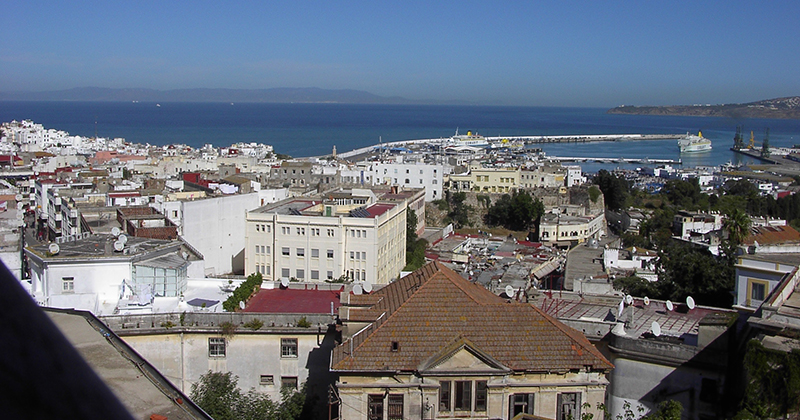
-
 Editorial Team
Editorial Team
Share article:
After a decade of interventions the Meditarranean Sea is still polluted with waste, marine litter, untreated wastewater and industrial discharges. Achieving a cleaner Mediterranean Sea requires better implementation of policies and more cooperation, states a joint report by the European Environment Agency (EEA) and United Nations Environment Programme’s Mediterranean Action Plan (UNEP/MAP) published the 21st of September.
The report ‘Towards a cleaner Mediterranean Sea: a decade of progress’ gathers information on the progress achieved and challenges ahead in the Union for the Mediterranean (UfM) Horizon 2020 initiative. According to the report the current interventions are effective in keeping up with increasing environmental pressures, but their scale may not be enough to improve the environmental status of the Mediterranean.
More Pollution
Recycling fails to keep up with increasing waste generation in several countries on the southern shore of the Mediterranean. And at least 5.7 million people in urban areas and 10.6 million people in rural areas have no access to improved sanitation systems. The lack of adequate Waste Water Treatment Plants (WWTP’s) leads to the discharge of raw sewage.
Hazardous waste
Despite efforts to transition to circular approaches, important economic sectors, such as manufacturing, are still based on linear business models relying on unsustainable resource consumption and supply chains. The report also notes the need for a more effective management of hazardous waste. Adequate funding and building capacity for the treatment and disposal of toxic waste across the basin are both critical and urgent.
Cooperation and data availability
One of the key challenges is that the region’s complex and heterogenous policy landscape makes it difficult to address environmental challenges in a holistic way. The report calls for better enforcement of policies, which requires more robust and shared environmental information as well as capacity building at local, national and regional level. Although the regional data systems have improved significantly, there has been little improvement in data availability and quality at national level, the report indicates.

